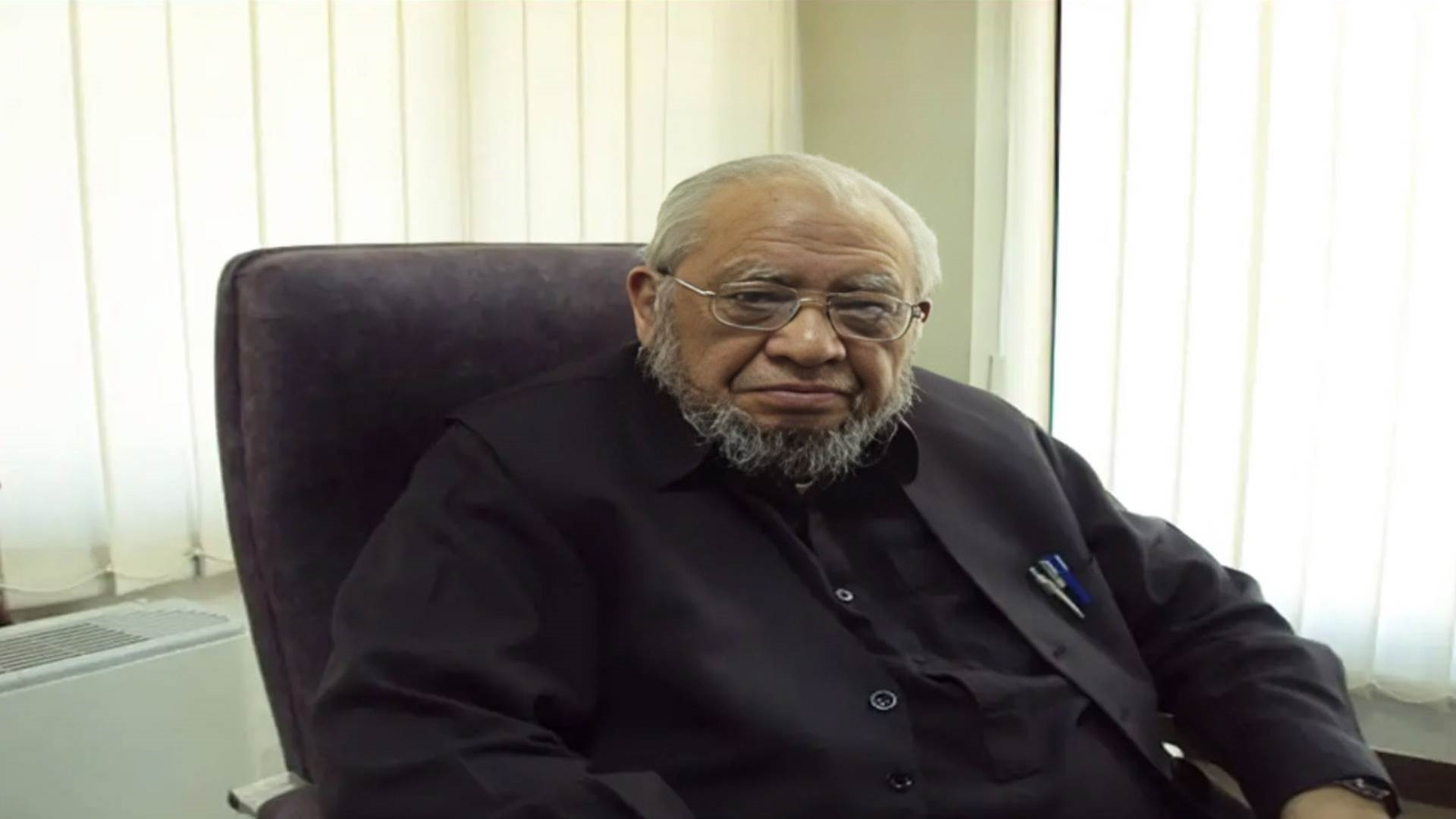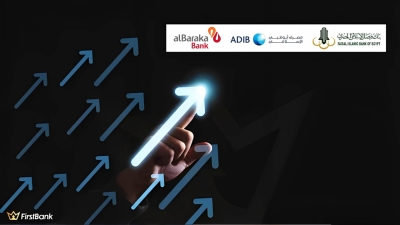Khurshid Ahmed, the most prominent Islamic economists

Khurshid Ahmed, a Pakistani economist, is one of the world's leading Islamic economists and one of the best English-language Islamic lecturers, as he has participated in numerous seminars in Europe and America and has approximately 25 English literature books.
He was born in Delhi, India, in 1932 and received a bachelor's degree in law and legislation, after which he received two master's degrees in law and one in Islamic studies, as well as an honorary doctorate in Islamic economics from the International Islamic University of Malaysia
Khurshid Ahmed was a person of love for all sciences, not only economics, but also deepened the eastern philosophy, in addition to western philosophies in religion, academic studies and constitutional affairs, and thus qualified him for many positions, notably:
President of the International Institute for Islamic Economics at the International Islamic University in Islamabad, Vice President of the Planning Authority of the State of Pakistan, Professor of Karachi University for more than 10 years, one of the founders of the Institute of Studies and Planning in Islamabad and the Islamic Foundation in Leicester
In addition to its membership in several international Islamic research centers, such as the Scientific Advisory Council of the Foundation for Comparative Political and Economic Studies, Georgetown University, United States, the Higher Advisory Council of the International Center for Islamic Research and Economics, King Abdulaziz University, Jeddah, Board of Trustees of the Islamic Center
Khurshid received many awards, most notably: the King Faisal International Award for the Service of Islam in 1990, because of his strenuous efforts and the establishment of the Islamic Foundation of Blister, an educational institution and centre for Islamic research, as well as his contribution to regional and international Islamic economic symposiums to become a reference and adviser to universities in Islamic economy affairs











